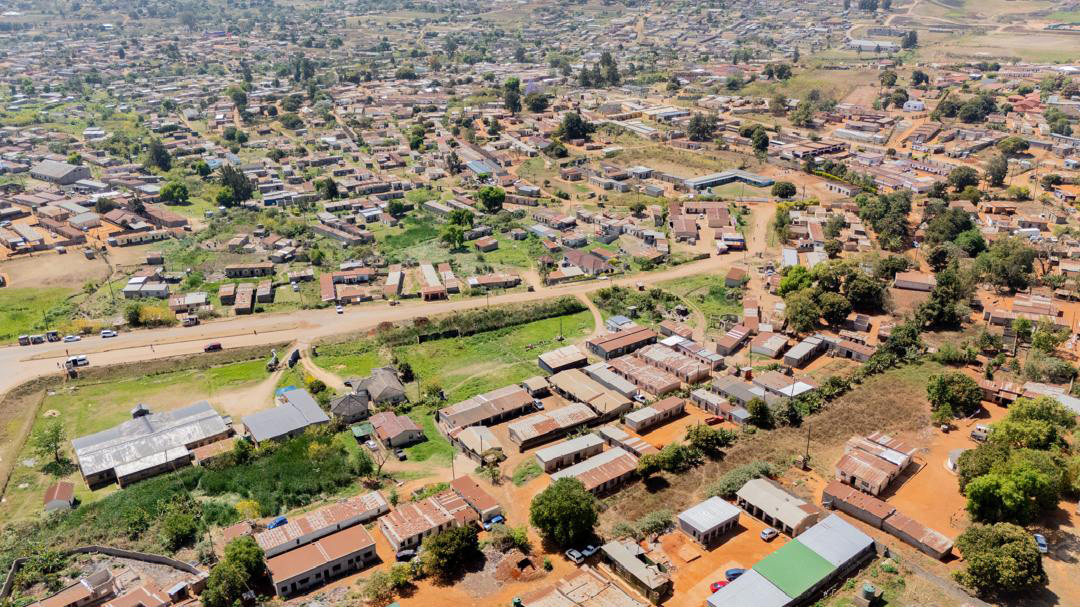
MBABANE – The rapid rise of informal ‘titimela’ settlements is creating major development, crime and health challenges across the country.
The mushrooming of informal one-room houses, commonly known as titimela, in and around the country’s industrial areas has become one of Eswatini’s most pressing development challenges.
These unplanned structures have spread rapidly around Matsapha, Ezulwini, Sidvokodvo and parts of Manzini’s peri-urban areas like KaShali, Nhlambeni, Sicelwini, Makholweni and Ticantfwini. They are reshaping orderly commercial landscapes into congested, unregulated settlements.
What began as affordable housing for low-income factory, manufacturing and retail workers has evolved into a national problem frustrating town councils, chiefs and government ministries.
Local authorities report that the titimela are multiplying rapidly, with some areas witnessing overnight construction of makeshift dwellings built too close together and often without sanitation.
“We are seeing the birth of unplanned mini-towns around our industrial hubs. These structures are not part of any approved layout plan, making it extremely difficult to provide essential services such as water, sewerage and roads,” said one Matsapha council representative.
Government and utility companies are already feeling the effects. Utilities are facing these challenges as they seek to improve service delivery in places like Matsapha, where some structures are encroaching on the road, posing a threat to future expansion of the road network as well.
The Eswatini Electricity Company (EEC) has, on various occasions, called for the removal of structures built under its power lines primarily for safety reasons and to comply with legal regulations and safety standards. EEC said building anything within the designated right of way or servitude area of power lines is strictly prohibited because there is a significant danger of electric arcing, electrocution and fire, especially if the lines sag, swing in the wind, or fall. They also said structures impede the ability of EEC personnel and emergency teams to safely access, maintain, repair, or upgrade the power lines and infrastructure.
“The EEC operates under the Eswatini Electricity Company Act and the Electricity Act, 2007, which grant it the authority to establish and enforce safety clearance zones. Structures built in violation of these regulations are considered illegal encroachments,” reads in part their communiqué. Meanwhile, a senior government official said titimela are not just an eyesore— they obstruct development.
“Unplanned housing prevents the laying of infrastructure like electricity lines and sewer systems. When government later tries to regularise these areas or extend services, the cost of relocating people becomes very high.”
In some communities, land earmarked for future industrial expansion, schools, or public facilities is now occupied by these informal structures. Chiefs and councils fear that reversing these encroachments will be politically sensitive and economically costly.
*Full article available in our publication

A section of unplanned housing located between Eteni and Logoba in Matsapha. (Courtesy pic)